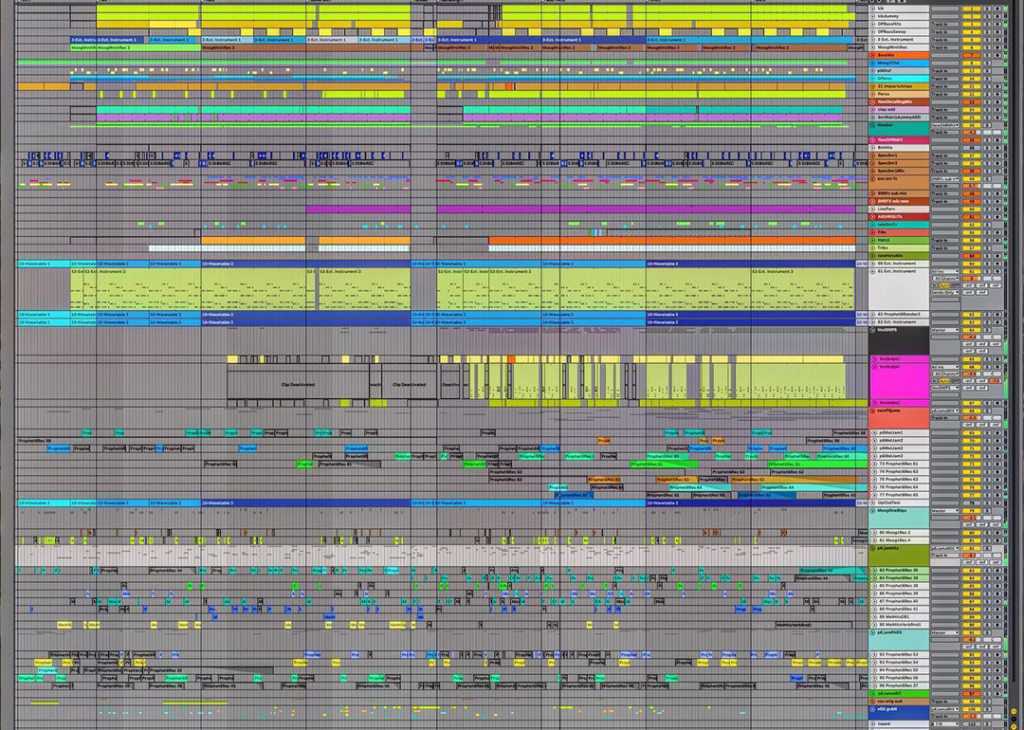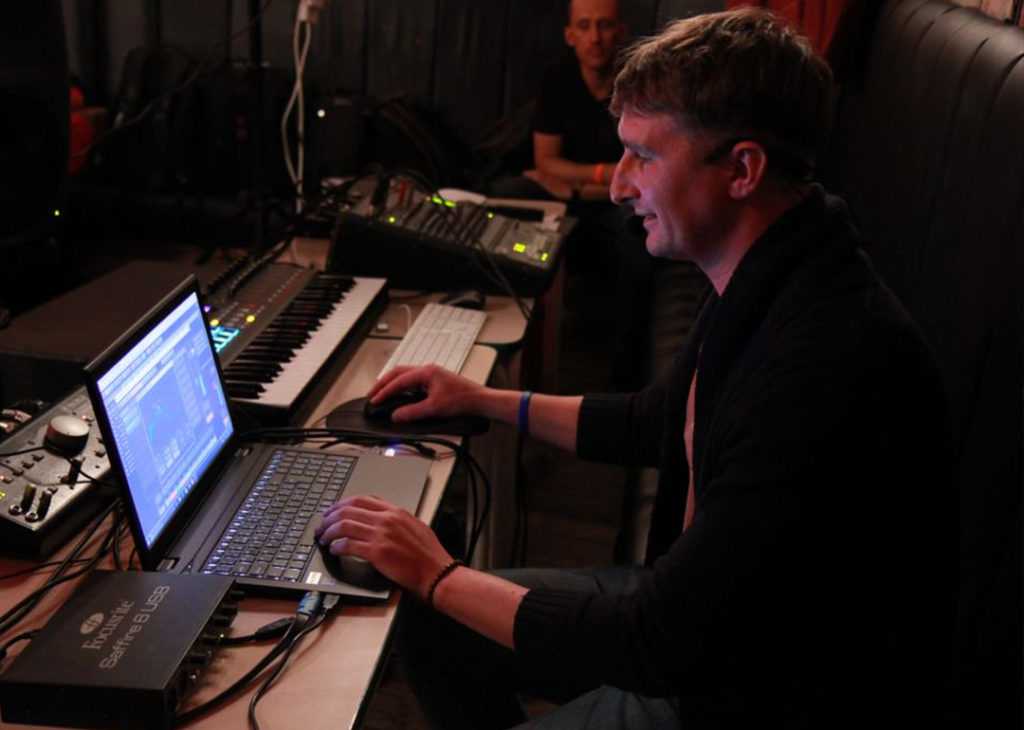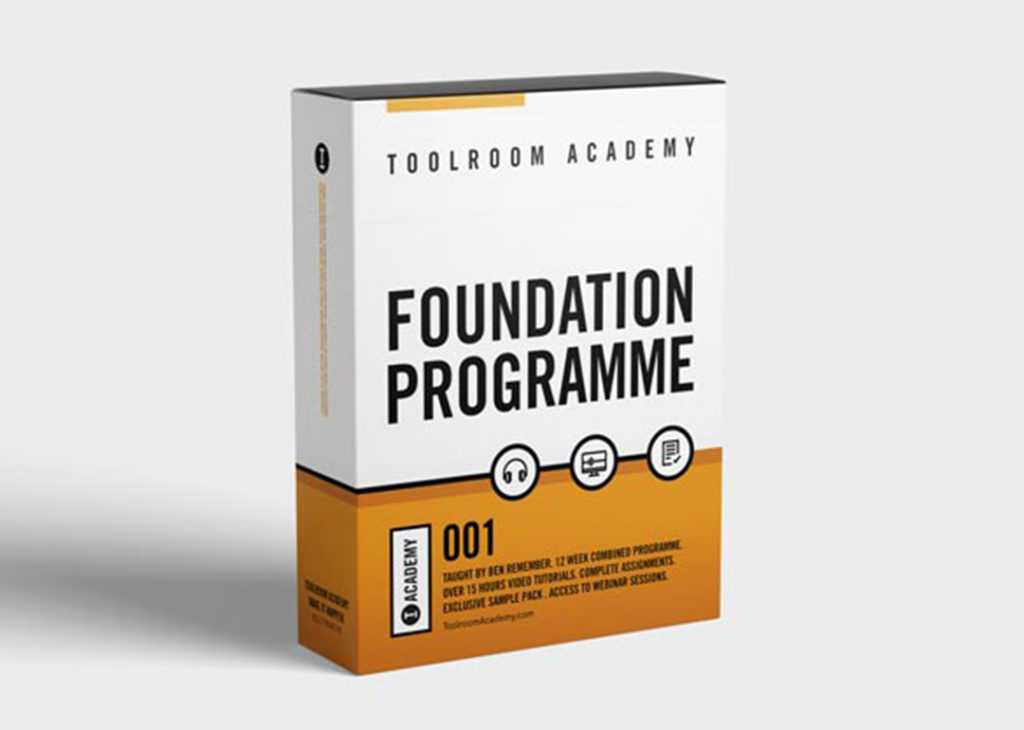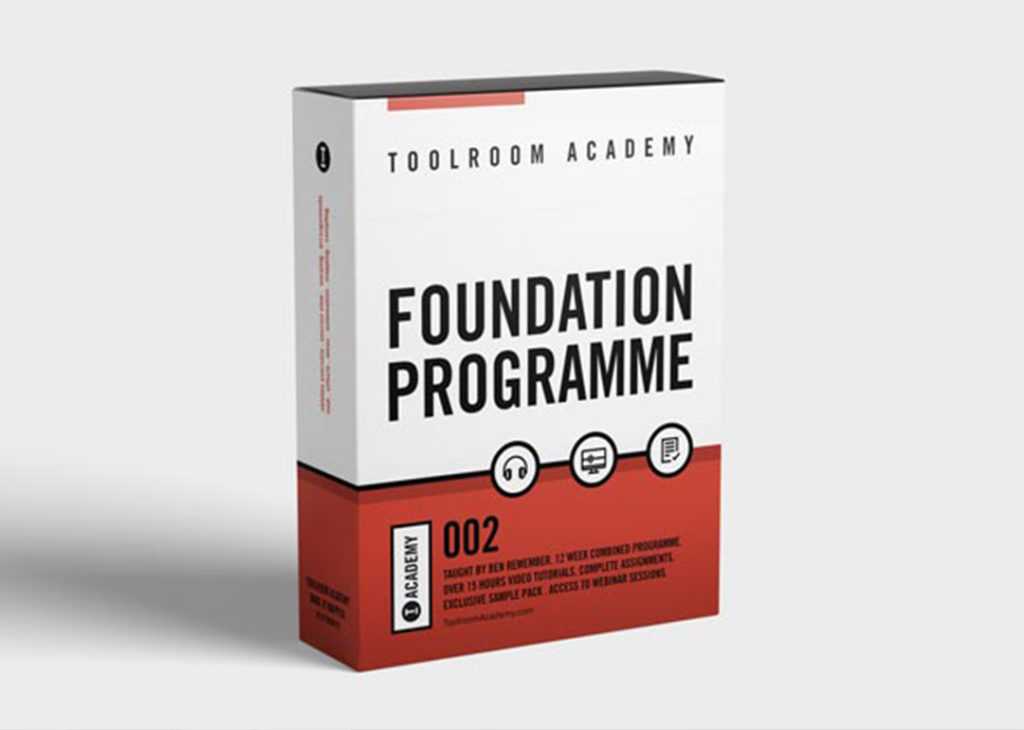But, what if we told you that there was one quality that seemed to hold the majority of aspiring producers back today? We know, we know. It may seem simple, but we’re not exaggerating at all. Countless producers all struggle with the same problem, and we’d go as far as to say that there’s a good chance you may be dealing with it also!
Before we discuss what exactly is the biggest issue most producers have to deal with, we’re going to let you in on a little secret…
Not what you were expecting to hear, huh? Well, it’s the truth. And honestly, it’s probably more like 99.5%.
Getting signed is no easy feat!
In fact, this is one of the dirty secrets of the music industry. While most record labels will have a publically available email which you can send demos to, most never even check it. We, on the other hand, have three trusty laptops on hand here at Toolroom HQ who’s only purpose is to check our demo inbox. Even though it’s often like finding a needle in a haystack, we’ve had some seriously hot records come through our demo email over the years.
But, the amount of demos we receive is huge. In fact, it is well into the tens of thousands each and every year. And, we often think about why so many records never, ever make the final cut on labels like Toolroom and beyond. Could it be that big, bad record labels are purely snobbish, and will only sign tracks from the “cool kids?”
We won’t fib to you. Honestly, this does happen in some circumstances. But when it comes to Toolroom, we love signing new artists and are always looking for promising acts to work with.
With new artists, however, it’s usually not an issue of whether or not their music is “good” or not. Really, it has a lot more to do with the fact that most records highlight a lack of foundational knowledge from the artists who make them. For examples, here are two very common mistakes that numerous demos suffer from:
Sound choice is perhaps the most important, yet least talked about concept in music production. While many producers will insist that they need 10 different plugins on each channel, the reality is far more simple. If you choose two sounds that naturally work well together, you won’t need as many plugins on each channel! And, it’s just not a matter of using quality sample packs, but choosing the right sounds that fit with one another. This concept seems easy, but it is anything but. 90% of our students think they understand sound choice, but in reality, they have some catching up to do.
Reverb is an absolutely fundamental aspect of making modern House, Tech House, and Techno. That being said, we often see it being used in a way that’s technically incorrect, and not very “tasteful.” Believe it or not, some people are still sending demos with big room, trance reverbs on them. While a long reverb lovely is great when done properly, we often think about dedicating an entire section in our coursework about how reverb is used incorrectly.
Furthermore, we’ve found the best way to use reverb is to create three distinct presets on return channels in Ableton, and route our various drums, synths, and FX through them. For example: we preach the necessity of bussing all of our drums through a barely noticeable, shot tail reverb to make it sound like all of our drums are being played in the same room.
But, most producers don’t do this. They’ll end up with 12 instances of Valhalla Vintage Verb across their drum sounds, and a track that sounds well and fully out of whack. If you couldn’t already tell, seeing the same errors (literally) thousands of times has lead us to realize one thing…
That’s right. The majority of the records we get in our demo inbox are suffering from most of the same, simple problems. Over, and over again. It’s maddening. What’s heartbreaking about these tracks is we know that some producer, somewhere, has put their heart and soul into the material they’ve sent us.
And, what’s worse is that if these producers would just get a better grasp over the basics, they may even stand a fair shot at getting signed! Though you might be great at finding hooks, your mixdowns may be severely lacking. On the other hand, you may have crystal clear audio quality, but your ideas need beefing up.
In either case, you’ve got room for improvement. And that’s totally okay. It’s normal, really. Sure, you could release music on smaller labels that don’t care so much, but you really wouldn’t be doing yourself any favours by doing so. There’s little that can be more damaging to an artist than releasing music that’s incomplete and poorly done. Once you release a track, it’s out there forever, and it will serve as a constant reminder of your skill level at its time of release.
In producer speak, this could mean your drums are routed incorrectly and don’t quite “gel” together in the way that some nice parallel compression can create. Or, it could mean that the sidechain you’ve put on your bass really isn’t making enough room for your kick to punch through. These are all mistakes that we hear see far too often and are holding producers back from achieving their dreams. It’s mastering the basics that has been why our Toolroom Academy students are so successful with signing records to the label. They learn exactly how to make modern House, Tech House and Techno from the ground up, with no added fluff or filler.
In the end, it’s a lot like learning how to walk before you run.
Think of how a child learns to walk. If you’ve spent any time around kids, you’ll know that infants who are first learning to walk will often, quite literally, attempt to run before they walk. And, inevitably, they fall flat on their knees, kick up a fuss, and cry. But, there’s a silver lining to scraped knees and crying babies. Slowly, but surely, they are beginning to learn what they are actually capable of.
Eventually, children learn that they need to be able to stand on their own two feet and walk before they can joyously run around, as children tend to do. And guess what? Your progress as a producer is hardly that different.
We can’t tell you how many producers seem to be able to talk for hours about sound engineering, and yet they’ve never released a successful record. Other producers are so stuck in the ways that they insist on using 10 different plugins to change a sample when really, they could have just picked a better sound, to begin with.
What’s lacking here is not skill, but rather a logical process. Like all things in life, music production is something where you must learn to walk before you run.
And the best way to do this is to master the fundamentals.
Let us ask you a question: how exactly did you learn to make music? Or, if you’re still in the process of figuring it all out, how are you going about it? Chances are, you’re learning in every way you can. Late-night studio sessions, YouTube tutorials, and maybe evensome music production books as well.
While it’s lovely that you’re trying to pick up information every which way, keep in mind that not all information is created equally. Not by a long shot. You can definitely learn a huge amount about music production on your own. The problem, however, is this: what happens when you hit a snag?
Let’s say something doesn’t make too much sense. And trust us, there will be. Whether it’s compression, EQ, signal flow, or even just making the right sound choices, you’re bound to hit a snag along the way. You can definitely overcome these challenges on your own, but you run the risk of glossing over what you don’t know and missing out on an important concept.
Though you may not totally understand a process like how to treat your drums with just enough reverb to make them sit right in your mix, you move onto something else. And guess what happens? You lose out in the long run.
Herein lies the biggest problem with 99% of music that is released today…
Luckily, we’ve released a program that is designed to help bring lagging producers up to speed and also serves as a reference for those who are totally new to the game.
The very best way to master the basics of production is to have sound, reliable information to call on when first learning to produce. That doesn’t mean hitting up your mate who released a record once for advice. While friends can be great resources, you must always be sure you’re getting your knowledge from someone who is genuinely qualified.
And, that’s where we come in. Many people are led to believe that there’s some secret technique or expensive plug-in, that is going to make them successful at producing tracks. This is the biggest lie in music production.
What you actually need, and what most producers are severely lacking in, is a foundational set of skills. It’s for this reason that we’ve launched the Toolroom Academy Foundation Programme. Broken up into two separate courses, Part 1 covers the very basics of Ableton. Your first day spent in a Digital Audio Workstation can be intimidating, and the Foundation Programme is designed to be the video course that Ableton should have come packaged with.
Part 2 is where things really start to heat up. Using the foundational skillset that you acquire in Part 1, Toolroom Artist Ben Remember walks you through the process of writing a track in the exact way that a professional does. Best of all, we give access to the same sounds that Ben uses in his sessions, making it so you can worry less about sample hunting and more about having fun straight from the getgo.
Having a total of 7 hours of video content, assignments that take place over a 6 week period, and even access to a monthly Q+A with Ben himself, there is perhaps no better way to kick off your production journey than with the Foundation Programme. So, what are you waiting for? 2020 could be the decade you achieve your musical aspirations once and for all.
Click here to learn more about the Toolroom Academy Foundation Programme.





